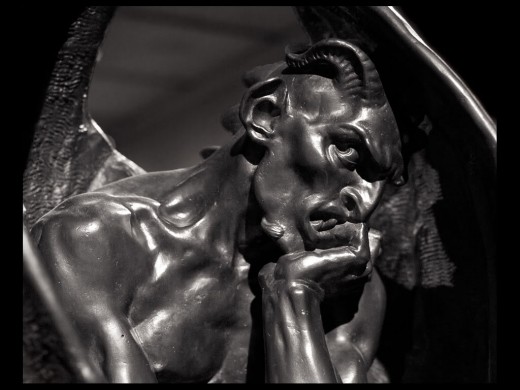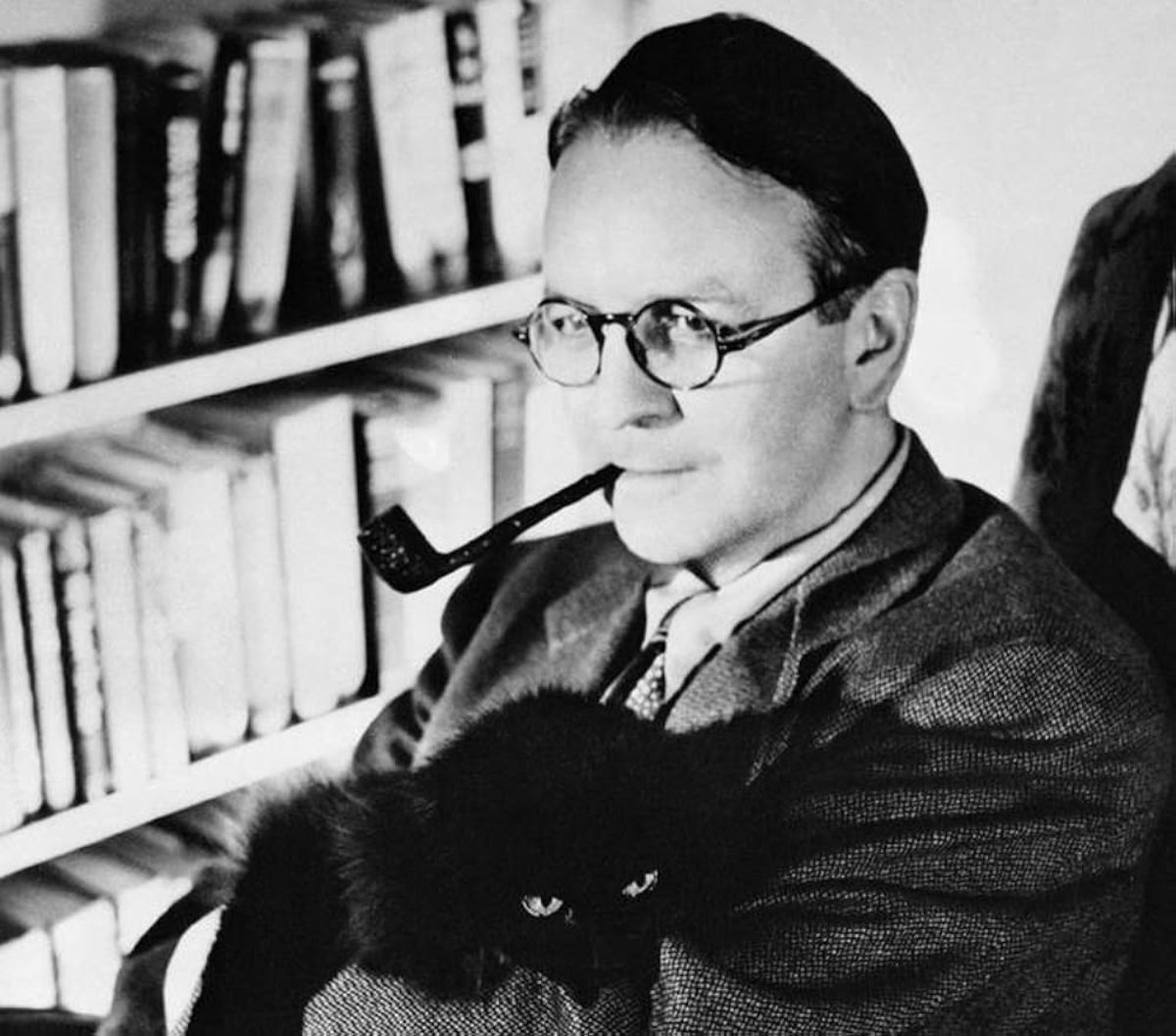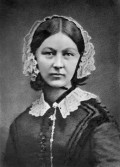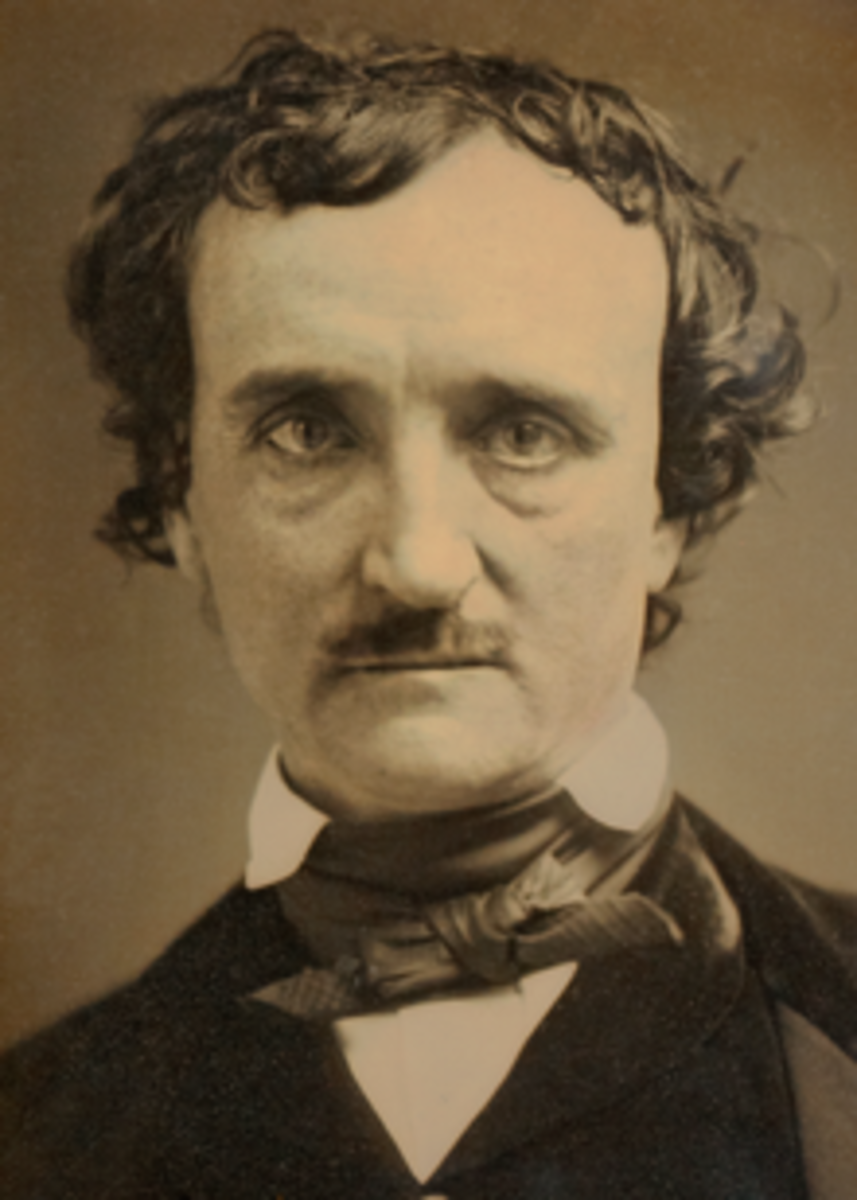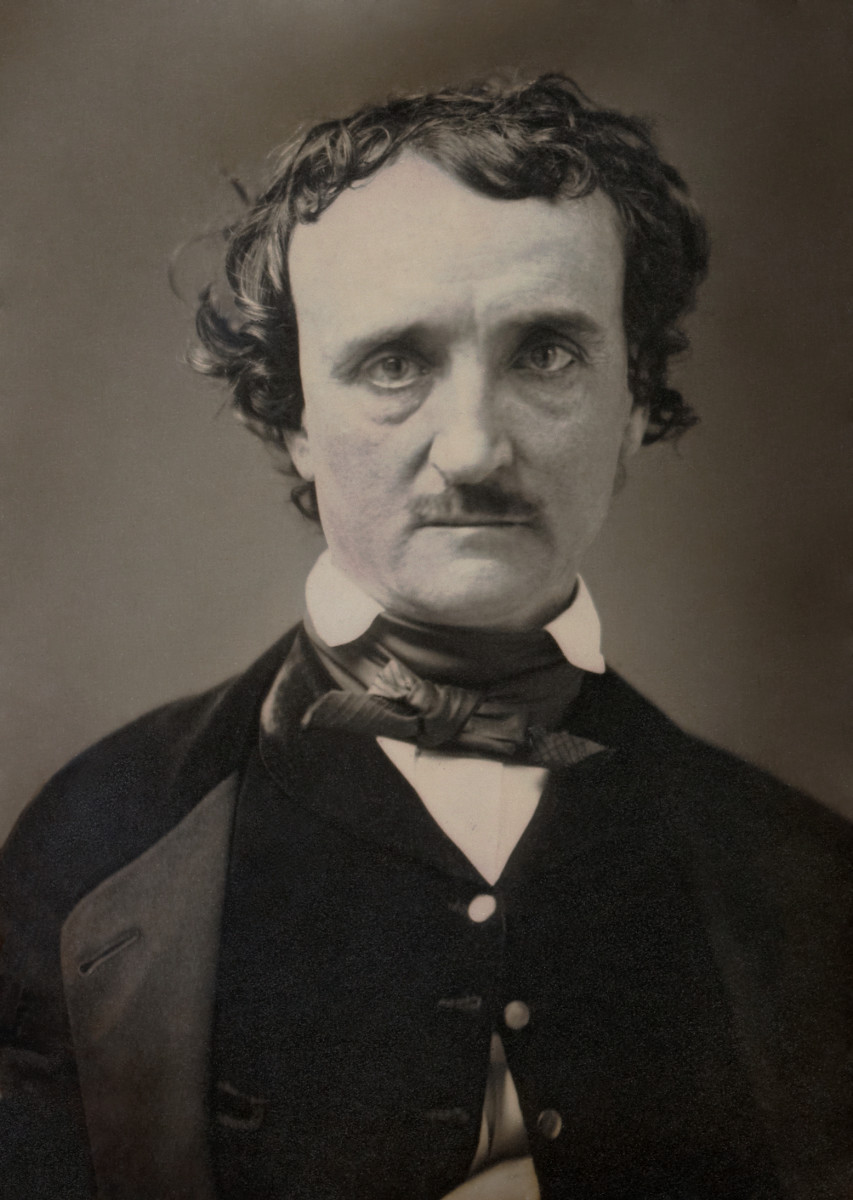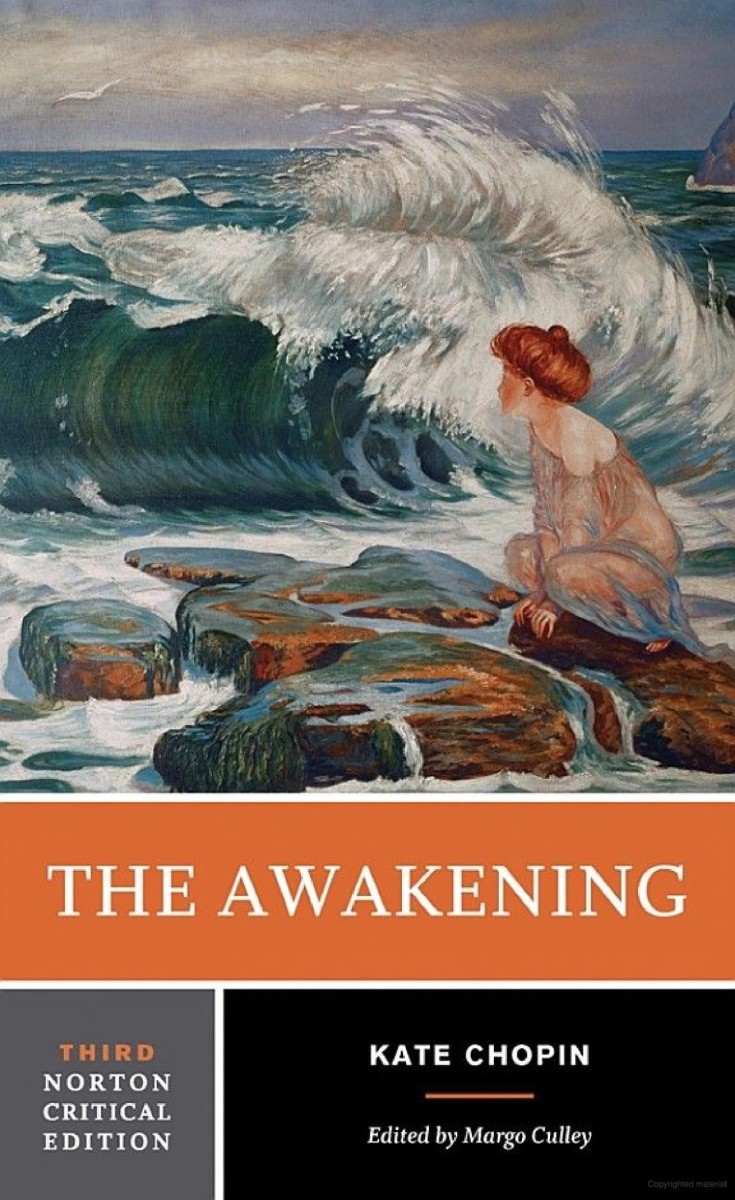Morality Is For Chumps And Crazy Chicks Are Hot: Chandler's "The Big Sleep"
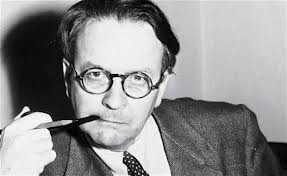
The Slimy Streets of Chandler's Vision
When I try to analyze Chandler’s The Big Sleep rationally, I find the task to be almost impossible. The book provokes forcible emotional responses that leave me feeling ravaged as a reader...but which also renders me somewhat intrigued.
On one hand, its bleakness goes above and beyond depressing. If you manage to emerge from the sordid depths of Chandler's insane consciousness, you do so gasping for breath and crying for something warm and fuzzy.
On the other hand, "The Big Sleep" gives birth to one of the most iconic detectives characters in the mystery genre, and that alone is almost enough to redeem any unpleasant feelings it may initially inflict on the reader.
Marlowe: Saving Us From An Emotional Breakdown
The one unquestionably positive thing about this novel is Phillip Marlowe, though I'm not even sure if I actually like him. His brutal honesty borders on sheer tactlessness, and although he is very brave, it is sometimes difficult to discern whether or he is being courageous or just reckless; for example, he does not seem to think much about refusing to obey a man who has a gun pointed at his nose.If I was considering the possibly of a bullet lodged permanently up my nostril, I think I’d at least pee a little. He seems positively indifferent to his own life, and his unbridled cynicism is amusing as much as nerve wracking. Yet if Phil didn’t continually color scenarios with his dry and sardonic commentary, the book probably would be too dark to handle. The seedy implications of homosexuality, pornography, murder, and deception launch this novel to whole new levels of sordidness. It’s the sort of darkness that gets into the soul and festers.
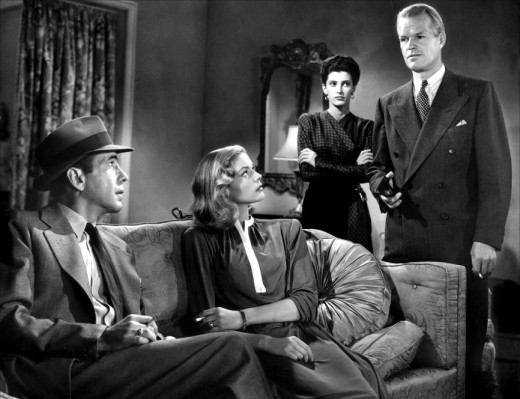
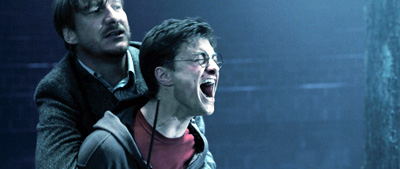
Realism in Fiction? What's The Deal With That?!
Far be it from me to be dramatic, but when I reached the end of the novel, my spirit felt tainted, my spirits depressed, and my reason grappled with the frustrating conclusion that I wasted my time on a story that could not deliver. Where was the justice? Plot lines were left dangling like a superhero's girlfriend from a nameless bridge. Marlowe conceals information that could place the psychos responsible for all the bloodshed behind bars. And in the end he drives off like a tortured Byronic hero, pondering about "the big sleep," that will sooner or later come for us all and put an end to our wretched human pain and misery.
If I wanted something this frustrating, I would've just turned on a Harry Potter movie and watched Daniel Radcliffe try to act.
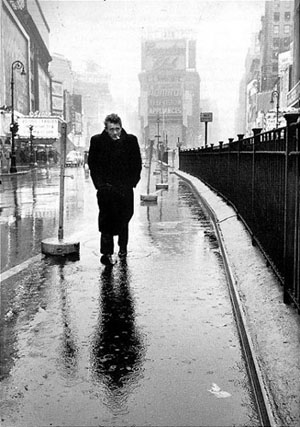
Well...Maybe Not...
But I have to admit: once I had time to cool the flames of my immediate and angry reaction, I realized that this may have been a bit of a hasty condemnation (only a bit, though). Chandler simply tells things as they are, so to speak, and this gives the work an intense feeling of realism. The way Marlowe’s case concludes is probably how most police cases are closed: bits of the truth are concealed from the public and the few good men who still exist cannot help but become part of what Marlowe calls the “nastiness” of the world. Depressing, but probably truer than we would like to think.
Admittedly, the novel could not possibly have ended in any other way without breaking its previous atmosphere and setting. Chandler attempts to illustrate the morally gray scenarios that can often arise in life, and this can be a gritty experience. After all, even if a man makes the decision to be ethical, he can still--in certain situations--find himself blurring the fine line that exists between black and white morality.
